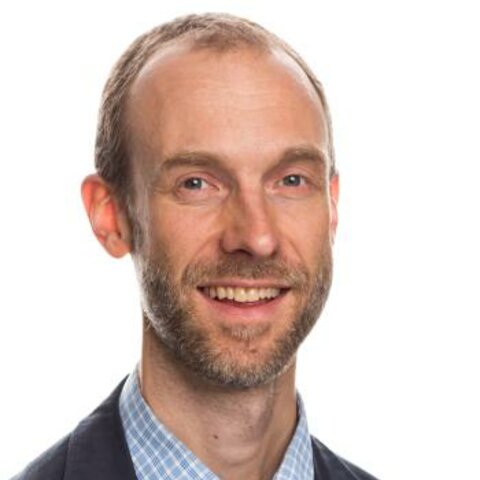Charles (Chuck) Eesley
(https://soed9-stage.stanford.edu/people/charles-eesley)
Charles (Chuck) Eesley

Main content start
Associate Professor of Management Science and Engineering
Charles (Chuck) Eesley
Associate Professor of Management Science and Engineering
Chuck Eesley is an Associate Professor and W.M. Keck Foundation Faculty Scholar in the Department of Management Science and Engineering at Stanford University. He is also a Faculty Director of the Stanford Technology Ventures Program and a faculty affiliate at the Stanford Center for AI Safety (SAFE), where his work explores the intersection of artificial intelligence, entrepreneurship, and platform governance. His recent research focuses on how AI/ML algorithms shape opportunity access and performance in platform-mediated entrepreneurship, as well as the role of digital platforms in financing and spreading misinformation.
Prof. Eesley’s broader research examines how institutional and university environments influence high-growth, engineering-driven entrepreneurship. He studies how education and policy can better support the economic and entrepreneurial outcomes of engineering students and alumni. His recent projects often apply text analysis/NLP, machine learning, randomized field experiments, or software platform development—as in the case of NovoEd.com, which spun out of his and Prof. Amin Saberi's Venture Lab at Stanford.
His field research spans China, Japan, South Korea, Chile, Bangladesh, Uganda, Ethiopia, Thailand, and Silicon Valley, and has received awards from the Schulze Foundation, the Technical University of Munich, and the Kauffman Foundation. He was recently awarded a Stanford Social Impact Labs Design Fellowship for his work training refugee entrepreneurs in Sub-Saharan Africa.
He serves on the Steering Committee for the Stanford King Center on Global Development and the Advisory Committee for the Stanford Center at Peking University. He is also a faculty affiliate at the Stanford Center on China’s Economy and Institutions and the Woods Institute for the Environment, and he serves on the Editorial Board of the Strategic Management Journal. His work has been published in Nature, Organization Science, Strategic Management Journal, and Biological Psychiatry, among others.
A former entrepreneur and investor, Prof. Eesley has been a mentor and advocate for immigrants and first-generation, low-income students in STEM and entrepreneurship through initiatives such as the AAAS Global Innovation through Science and Technology (GIST) program. He earned his Ph.D. at the M.I.T. Sloan School of Management and a B.S. in neuroscience from Duke University.
Prof. Eesley’s broader research examines how institutional and university environments influence high-growth, engineering-driven entrepreneurship. He studies how education and policy can better support the economic and entrepreneurial outcomes of engineering students and alumni. His recent projects often apply text analysis/NLP, machine learning, randomized field experiments, or software platform development—as in the case of NovoEd.com, which spun out of his and Prof. Amin Saberi's Venture Lab at Stanford.
His field research spans China, Japan, South Korea, Chile, Bangladesh, Uganda, Ethiopia, Thailand, and Silicon Valley, and has received awards from the Schulze Foundation, the Technical University of Munich, and the Kauffman Foundation. He was recently awarded a Stanford Social Impact Labs Design Fellowship for his work training refugee entrepreneurs in Sub-Saharan Africa.
He serves on the Steering Committee for the Stanford King Center on Global Development and the Advisory Committee for the Stanford Center at Peking University. He is also a faculty affiliate at the Stanford Center on China’s Economy and Institutions and the Woods Institute for the Environment, and he serves on the Editorial Board of the Strategic Management Journal. His work has been published in Nature, Organization Science, Strategic Management Journal, and Biological Psychiatry, among others.
A former entrepreneur and investor, Prof. Eesley has been a mentor and advocate for immigrants and first-generation, low-income students in STEM and entrepreneurship through initiatives such as the AAAS Global Innovation through Science and Technology (GIST) program. He earned his Ph.D. at the M.I.T. Sloan School of Management and a B.S. in neuroscience from Duke University.
Education
PhD, MIT, Sloan School of Management (2009)
BS, Duke University, Biological Basis of Behavior (2002)
Contact
Mail Code
4026
 |
|